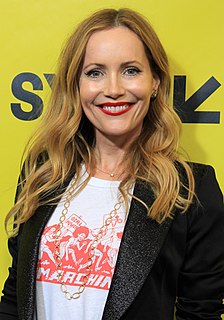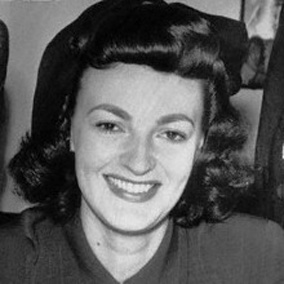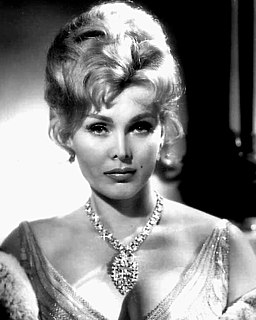A Quote by Vaclav Havel
There's always something suspect about an intellectual on the winning side.
Related Quotes
You have to have like a bit of amnesia both on the winning side and the losing side of this thing... On the losing side you need to be able to forget a loss to be able to move on and to be successful in your next fight. But on the winning side you need to be able to forget a win so you don't get stuck in this pattern of like, "I'm unstoppable". So there has to be a level of amnesia for a fighter.
The intellectual is not defined by professional group and type of occupation. Nor are good upbringing and a good family enough in themselves to produce an intellectual. An intellectual is a person whose interest in and preoccupation with the spiritual side of life are insistent and constant and not forced by external circumstances, even flying in the face of them. An intellectual is a person whose thought is nonimitative.








































